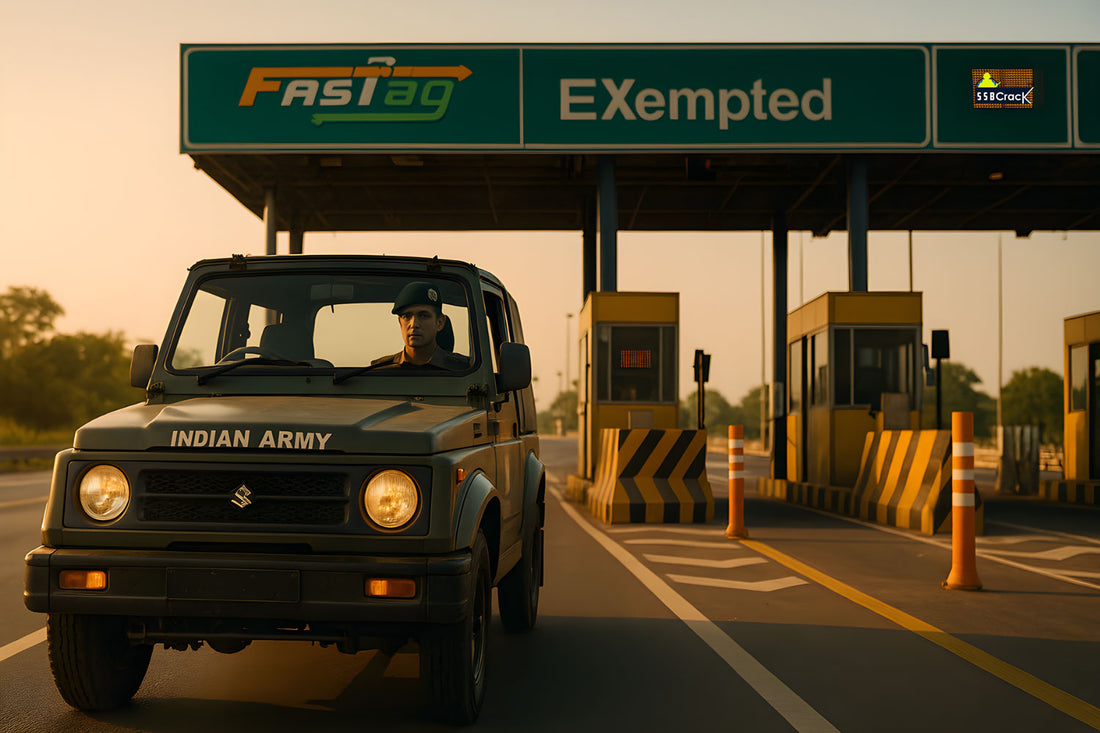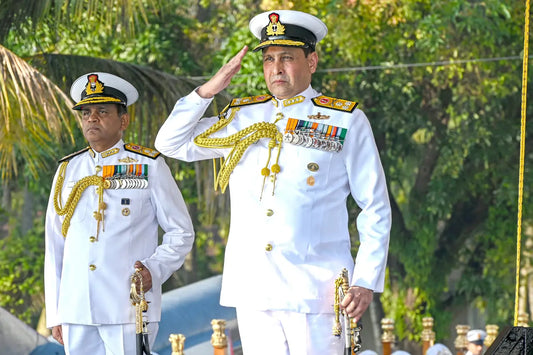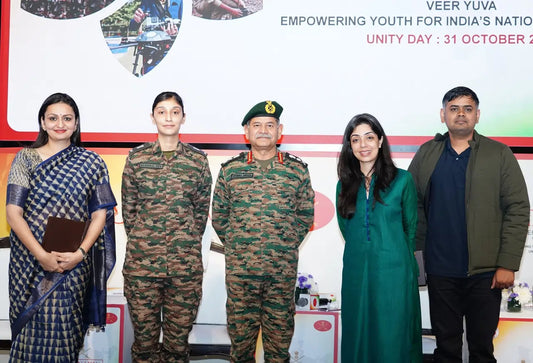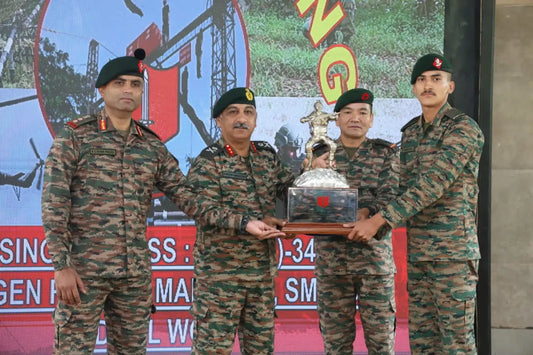Do Indian Army Soldiers Pay Toll Tax? The Answer Will Surprise You!

In India, the question of whether the Indian Army is exempt from paying toll taxes arises frequently, often amid discussions of national respect for the armed forces, road infrastructure funding, and legal interpretations. This comprehensive analysis delves into the historical, legal, and practical aspects of toll exemptions for defence personnel, drawing from primary statutes, government rules, official circulars, and recent clarifications as of August 2025.
While the core rules have remained consistent since the early 20th century, modern implementations like the FASTag system have added layers of procedural rigor to ensure transparency and prevent misuse. We explore the exemptions' scope, limitations, enforcement mechanisms, common myths, and real-world implications, supported by official sources and fact-checks.
Historical Context and Evolution of Toll Exemptions
Toll taxes in India fund the maintenance and expansion of highways, bridges, and ferries, with roots in colonial-era laws. The Indian Tolls (Army and Air Force) Act, 1901, enacted on February 22, 1901, and effective from April 1, 1901, was designed to amend earlier laws exempting military personnel and property from tolls.
This Act, extending to the whole of India, reflects the British-era priority of facilitating military movements without financial hindrance. Over time, it has been amended to include the Air Force (via the Indian Tolls (Army and Air Force) Amendment Act, 1942) and extended to the Navy through administrative rules.
The Act's definitions are crucial: "Regular forces" include the Army (as per the Army Act, 1950) and Air Force (Air Force Act, 1950); "Irregular Corps" covers forces like the Territorial Army or those notified by the government; "authorised followers" encompass non-combatant support staff; and "tolls" include various fees but exclude customs or octroi duties. Section 3 explicitly exempts officers, soldiers, airmen, members of the Territorial Army or National Cadet Corps on duty, authorised followers, horses, baggage animals, ordnance, and military stores from tolls when on duty or marching.
Section 4 extends this to vessels transporting troops, while Section 5 imposes a penalty (up to 50 rupees, now largely symbolic) for wrongful toll demands. Rules under Section 7 allow for further regulations, such as the Indian Toll (Army and Air Force) Rules, 1942, which mandate passes for exemptions.
Post-independence, toll collection modernized with the National Highways Act, 1956, and the National Highways Fee (Determination of Rates and Collection) Rules, 2008, gazetted on December 5, 2008. These rules, under Rule 11, provide a broader exemption framework, incorporating the 1901 Act's provisions. Specifically, Rule 11(b)(i) exempts vehicles used for official purposes by the Ministry of Defence, including those under the 1901 Act (extended to Navy). Rule 11 also covers ambulances, fire-fighting vehicles, and dignitaries' transports, but emphasizes that exemptions are tied to official use, not individual status.

Scope of Exemptions: Who Qualifies and Under What Conditions?
Exemptions are narrowly tailored to support operational efficiency rather than provide personal perks. Primary beneficiaries include:
- Defence Vehicles on Official Duty: Government-owned or assigned vehicles (e.g., army trucks, jeeps, or convoys) used for military operations, training, or deployments. This aligns with Section 3 of the 1901 Act and Rule 11(b)(i) of the 2008 Rules. For instance, troops on the march, including baggage and authorised followers, are exempt from tolls on roads, bridges, ferries, or landing places.
- Central Armed Police Forces (CAPFs) and Allied Units: A 2017 MHA letter (dated May 24, 2017) clarifies that CAPFs, NSG, and Assam Rifles vehicles are exempt when on official duty, upon producing certifying documents. This exemption, per the 2008 Rules, requires authorisation from the vehicle in-charge and is not blanket—personal use voids it.
- Serving Personnel in Specific Scenarios: Officers, soldiers, or airmen traveling with troops or on duty orders qualify, but only if the vehicle is official. Family members may be included if accompanying on duty moves, as per the Act's definitions.
However, exemptions do not apply universally. A 2014 MoRTH clarification (dated June 17, 2014) emphasizes that the 1901 Act's benefits are for "on duty" personnel only, excluding retirees and personal vehicle use. MoRTH FAQs explicitly state no exemptions for ex-servicemen or defence civilians. Fact-checks, such as one from June 2025, debunk viral claims of broad exemptions for families or retirees, confirming reliance on official duty status.
Implementation in the FASTag Era: Procedures and Challenges
Since the mandatory rollout of FASTag in 2021, exemptions are digitized for efficiency. Eligible vehicles must obtain an "Exempted FASTag" free of charge via the Indian Highways Management Company Limited (IHMCL) portal or NHAI Regional Offices. The 2019 MoRTH SOP (dated January 8, 2019) outlines the process: applicants submit vehicle details, ownership proof, and duty authorisation online or physically. NHAI scrutinizes and issues the tag, which generates zero-transaction receipts for tracking. Monthly reporting to MoRTH ensures accountability.
At toll plazas, the Exempted FASTag allows seamless passage, but without it, valid IDs and duty orders may suffice temporarily. Challenges include misuse attempts—e.g., using military IDs for personal trips—or disputes at plazas. The SOP advises optional bank linking for records, and vehicles without tags can still claim exemptions with documentation.
Common Misconceptions and Fact-Checking
Misinformation abounds, often fueled by social media. For example:
- Uniform or ID Suffices: False; exemptions require official duty proof and eligible vehicles, not just attire or cards.
- Blanket Exemption for Ex-Servicemen: Debunked by MoRTH; retirees pay like civilians, despite occasional respectful gestures at plazas.
- Personal Vehicles on Duty: Not exempt unless officially requisitioned.
Recent 2025 articles, such as those from News18 and LiveMint, reiterate these points, noting no policy changes despite public calls for broader exemptions.
Practical Advice: Handling Disputes and Broader Implications
If denied exemption, document the incident (receipt, photos) and escalate via NHAI's helpline (1033) or portal. The 1901 Act's penalty provision, though dated, supports claims. Broader implications include balancing revenue needs (tolls fund 40% of highway maintenance) with military support. Proposals for ex-servicemen exemptions surface periodically but remain unimplemented.
Detailed Exemption Comparison Table
| Category | Exempt? | Conditions | Supporting Law/Document | Example Scenarios |
|---|---|---|---|---|
| Serving Army Personnel in Official Vehicle | Yes | Must be on duty; Exempted FASTag required on NHs | 1901 Act, Section 3; 2008 Rules, Rule 11(b)(i) | Convoy transport during exercises |
| Serving Personnel in Personal Vehicle | No | Even on duty, unless vehicle is officially used | 2014 MoRTH Clarification | Commuting to base on leave |
| Ex-Servicemen | No | No exemptions regardless of vehicle | MoRTH FAQs; 2025 Fact-Check | Retired officer's family trip |
| CAPFs/NSG on Duty | Yes | Official vehicles only; duty certification needed | 2017 MHA Letter | Border patrol convoys |
| Defence Civilians | No | Not covered under any category | MoRTH FAQs | Administrative staff travel |
| Ambulances/Fire Vehicles (Defence-Related) | Yes | Official use; part of broader exemptions | 2008 Rules, Rule 11(c) | Emergency response from bases |
This table highlights the duty-centric nature of exemptions, ensuring they serve public interest without undue fiscal burden.
Common Misconceptions (Cleared)
- “Being in uniform means no toll”: False; exemption ties to official duty and eligible vehicles, not attire.
- “Ex-servicemen are always exempt”: Incorrect; no blanket exemption for retirees.
- “Showing an Army ID is enough”: Not in the FASTag system; Exempted FASTag is required on National Highways.
How the Exemption Works at Toll Plazas (FASTag Era)
Eligible vehicles must obtain a free Exempted FASTag from the National Highways Authority of India (NHAI) or authorized agencies, which allows passage without payment. Documents required include service identity, duty orders, or category verification as per NHAI/MoRTH processes.
In conclusion, while the Indian Army enjoys targeted toll exemptions to aid national security, these are strictly regulated to prevent abuse. For the latest, consult MoRTH or NHAI portals, as rules could evolve with infrastructure policies.



















